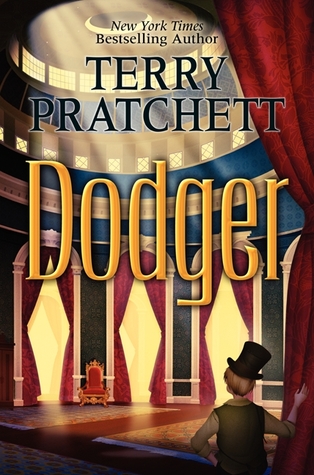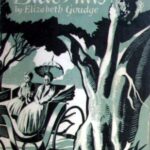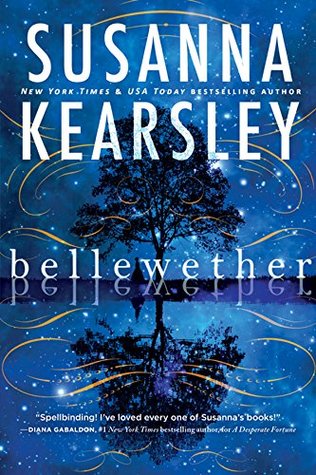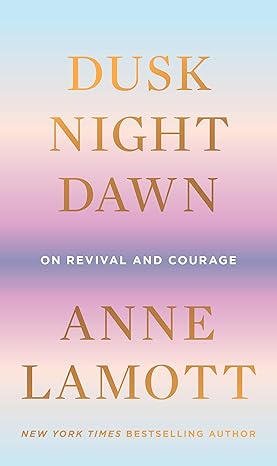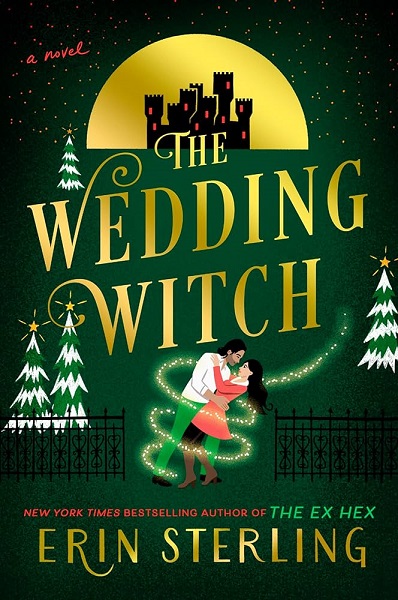Category: Historical fiction; YA
Book source: Public library
A storm. Rain-lashed city streets. A flash of lightning. A scruffy lad sees a girl leap desperately from a horse-drawn carriage in a vain attempt to escape her captors. Can the lad stand by and let her be caught again? Of course not, because he’s . . . Dodger.
Seventeen-year-old Dodger may be a street urchin, but he gleans a living from London’s sewers, and he knows a jewel when he sees one. He’s not about to let anything happen to the unknown girl—not even if her fate impacts some of the most powerful people in England.
From Dodger’s encounter with the mad barber Sweeney Todd to his meetings with the great writer Charles Dickens and the calculating politician Benjamin Disraeli, history and fantasy intertwine in a breathtaking account of adventure and mystery.
Beloved and bestselling author Sir Terry Pratchett combines high comedy with deep wisdom in this tale of an unexpected coming-of-age and one remarkable boy’s rise in a complex and fascinating world.
Dodger is a delightful book, full of wry British humor and unexpected moments. (It’s Terry Pratchett, after all.) Unlike most of Pratchett’s novels, however, Dodger is historical fiction, not fantasy; it takes place in Victorian London rather than the Diskworld, and it’s written in a style which pays tribute to Victorian prose, specifically that of children’s books of the era. I found that it took me only a few pages to adjust to the prose style, after which it felt inevitable — the “voice” of the novel and of Dodger himself.
Although clearly written with a YA audience in mind, Dodger is a fun read for adults as well; they may pick up on more of Pratchett’s sly witticisms. Older middle-grade readers may also enjoy the book. (Parents may want to read it first, as there are some mature themes — though they are not explicit, so they may go right over younger readers’ heads.)
The real draw here is, of course, Dodger himself. Modeled on but distinct from Dickens’ character of the same name, Dodger is the stereotypical diamond in the rough, a streetwise and cheeky sometime thief and tosher (one who combs through the sewers for coins and valuables) with the usual heart of gold. Pratchett has given Dodger a mentor, a wise, elderly, and widely traveled Jew named Solomon, whose presence is clearly the reason that Dodger has retained his good cheer and finer feelings despite his hard life. Other side characters, many of them historical figures, are equally interesting and intriguing. There is the writer Charles Dickens, rather streetwise himself; Henry Mayhew, whose research and writings were critical in bringing the deplorable conditions of poorer London to public awareness; and in smaller roles the politician Benjamin Disraeli; Sir Robert Peel, the founder of the London police (known as peelers or bobbies in his honor); Angela Burdett-Coutts, an heiress who set up the Ragged Schools to teach the poor; and Joseph Bazelgette, who rebuilt the London sewers. The fictional Sweeney Todd (the Demon Barber of Fleet Street) makes a cameo appearance, as do the real-life Queen Victoria and Prince Albert. Rounding out the cast are various villains, publicans, and prostitutes. Watching Dodger interact with all these folk is at least half the fun of the novel.
Whether you are a fan of the Victorian era or simply enjoy a clever, cheeky hero (who rejects the label), I recommend Dodger for a quick and highly enjoyable read.

